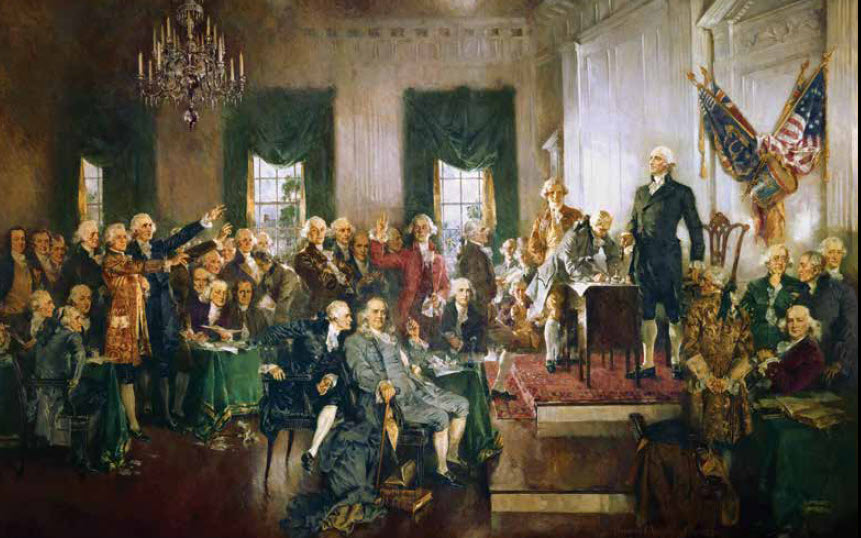 By: Eric Betts
By: Eric Betts
Leadership, particularly within the context of Independence Day on July 4th, is intricately tied to the notion that all men are created equal. This foundational ideal emphasizes the inherent worth of every individual and sets the stage for a leadership style that values equality, respect, and inclusivity. A leader who truly embraces this ideal is one who fosters environments where everyone’s voice is heard and each person’s contribution is valued equally. By championing these principles, leaders help to cultivate a sense of belonging and purpose within their teams, mirroring the democratic tenets that underpin the spirit of Independence Day.
Independence in leadership also means thinking outside the box and remaining steadfast to one’s values and priorities, even when faced with challenges. Like the Founding Fathers who led the American Revolution, modern leaders must navigate uncharted territories with vision and courage. This independence of thought enables leaders to devise innovative solutions and break free from conventional constraints, driving progress and encouraging creativity within their teams. By staying true to their core values, leaders can maintain their integrity and set a powerful example for others to follow, fostering an environment of trust and consistency.
This balance of independence and interdependence in leadership is fundamental to the progress of any organization. When leaders exercise independent thinking, they introduce new ideas and perspectives that can spark innovation and drive change. Independence encourages leaders to take bold risks and experiment with unconventional solutions, which can lead to breakthroughs that propel the organization forward. However, true progress is achieved when this independence is coupled with a strong sense of interdependence among team members.
Interdependence fosters a collaborative environment where diverse skills and perspectives are harnessed to tackle complex problems. It ensures that no one works in silos but rather as part of a cohesive unit where the strengths of each individual complement the others. This cooperative spirit maximizes the potential of the team, leading to more effective problem-solving and decision-making processes. As leaders model both independent and interdependent behaviors, they cultivate a culture where team members feel empowered to contribute their unique insights while also valuing and relying on the contributions of their colleagues.
By leveraging the synergy between independence and interdependence, leaders create dynamic, resilient organizations capable of sustained growth and adaptation. This dual approach not only drives individual and collective excellence but also fosters a sense of purpose and unity, enhancing overall morale and productivity.
Moreover, effective leaders must be adept at managing their own emotions and reactions, ensuring that their personal mood and priorities do not unduly influence their decision-making nor hinder the team’s progress toward collective goals. They must provide the liberty for team members to express themselves freely, within the broader framework of the team’s objectives and priorities. This balance allows for the effective harnessing of diverse perspectives, enhancing the team’s performance and cohesion. In essence, the leadership ideals reflected in the celebration of Independence Day involve not only the pursuit of equality and innovative thinking, but also the cultivation of an environment where individuals are empowered to be their authentic selves, contributing meaningfully to shared ambitions.
By: Eric Betts, Assistant Professor | Course Developer, Hampton University School of Religion






